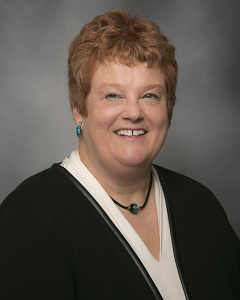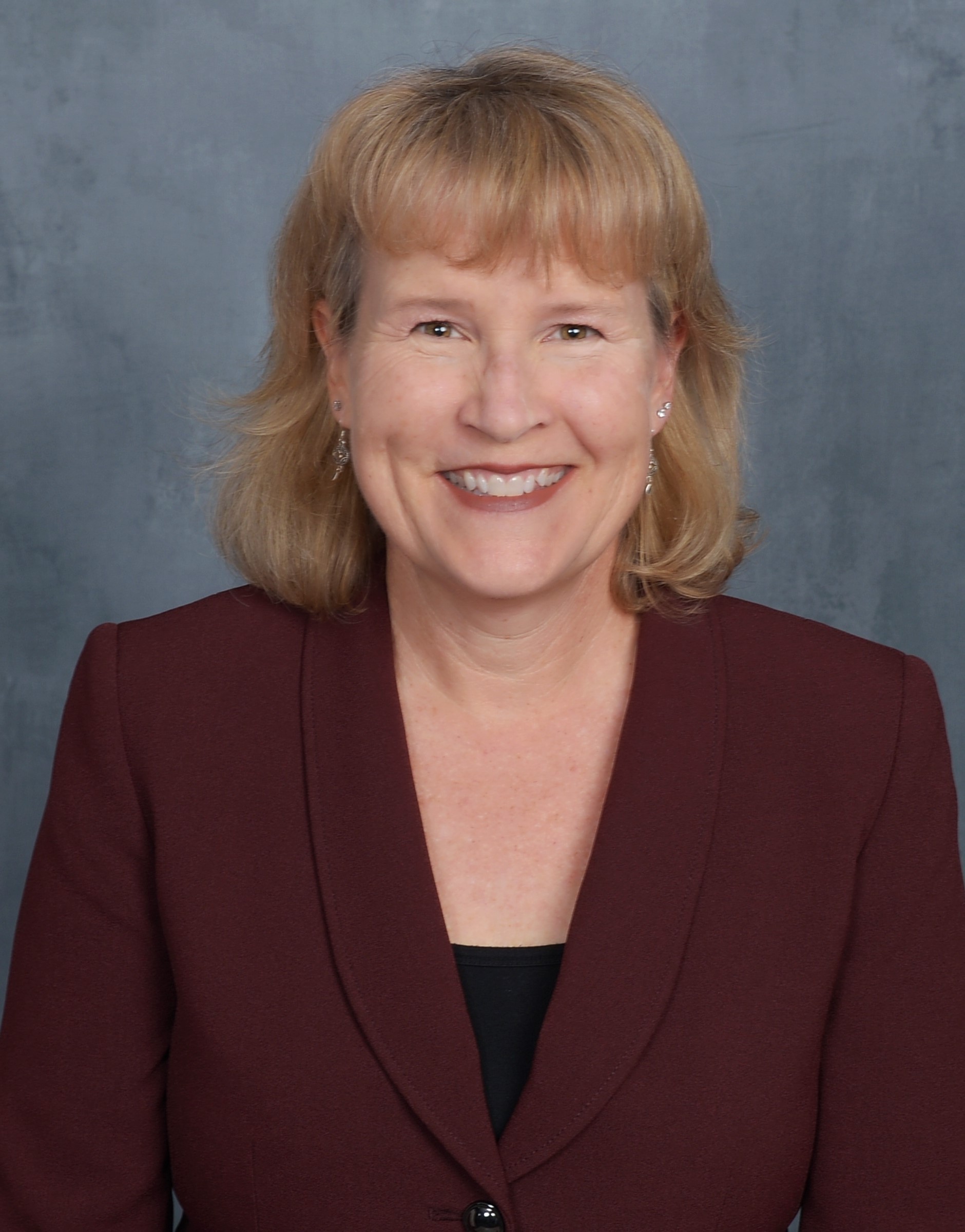
Pain Management and Opioids: Balancing Risks and Benefits
The curriculum, Pain Management and Opioids: Balancing Risks and Benefits, meets the latest FDA Blueprint and CDC guidelines for opioid prescribing and pain management, and includes the impact of COVID-19, new pain relieving treatments, and telehealth. This education includes California state-specific information and counts towards California CME requirements for pain management and opioid prescribing practices.
This activity meets the new DEA CME requirement when renewing or obtaining your DEA license.
Learning Objective:
At the end of this session, learners should be able to:
- Describe the pathophysiology of pain as it relates to the concepts of pain management
- Accurately assess patients in pain
- Develop a safe and effective pain treatment plan
- Identify evidence-based non-opioid options for the treatment of pain
- Identify the risks and benefits of opioid therapy
- Manage ongoing opioid therapy
- Recognize behaviors that may be associated with opioid use disorder
Target Audience:
This activity is designed for family medicine physicians.
Participation and Credit:
Learners must register to participate in and receive credit for this online educational activity. Read the target audience, learning objectives, and author disclosures. Study the educational content online and complete the activity evaluation. Your certificate will be available to you as a downloadable link. You may print the certificate, but you cannot alter it. For information on applicability and acceptance of continuing education credit for this activity, please consult your professional licensing board.
Unlabeled Use Disclosure:
This activity will not include discussions of products or devices that are not currently approved for use by the Food and Drug Administration (FDA), and the curriculum clearly indicates this fact.
Support:
Developed by the Collaborative for REMS Education (CO*RE) and is supported by an independent educational grant from the Opioid Analgesic REMS Program Companies (RPC).
Fee:
There is no charge for this activity.
Cultural/Linguistic Competency:
CAFP policy and California state law requires that each learning activity have elements of cultural and linguistic proficiency included in the content. The definition of cultural and linguistic competency is the ability and readiness of health care providers and health organizations to humbly and respectfully demonstrate, effectively communicate, and tailor delivery of care to patients with diverse values, beliefs, identities, and behaviors, in order to meet patients’ social, cultural, and linguistic needs as it relates to patient health. This activity meets these requirements.
Implicit Bias:
CAFP policy and California state law requires that all CME activities comprising a patient care element include either (1) examples of how implicit bias affects perceptions and treatment decisions of physicians and surgeons, leading to disparities in health outcomes and/or (2) strategies to address how unintended biases in decision-making may contribute to health care disparities by shaping behavior and producing differences in medical treatment along lines of race, ethnicity, gender identity, sexual orientation, age, socioeconomic status, or other characteristics. This activity meets these requirements.
Privacy Policy:
The California Academy of Family Physicians (CAFP) is committed to protecting the privacy of its members and customers. CAFP maintains safeguards to store and secure information it has about members and customers. The safeguards may be physical, electronic or procedural. For more information, contact [email protected].
Questions:
For questions regarding the content of this activity or for technical assistance, contact [email protected].
The CAFP has made all reasonable efforts to ensure that information contained herein is accurate in accordance with the latest available scientific knowledge at the time of accreditation of this continuing education program. Information regarding drugs (e.g., their administration, dosages, contraindications, adverse reactions, interactions, special warnings, and precautions) and drug delivery systems is subject to change, however, and the learner is advised to check the manufacturer's package insert for information concerning recommended dosage and potential problems or cautions prior to dispensing or administering the drug or using the drug delivery systems.
Approval of credit for this continuing education program does not imply endorsement by CAFP of any product or manufacturer identified.
Any medications or treatment methods suggested in this CME activity should not be used by the practitioner without evaluation of their patient's condition(s) and possible contraindication(s) or danger(s) of use of any specific medication.
Copyright:
© 2023 California Academy of Family Physicians. No part of this activity may be used or reproduced in any manner whatsoever without written permission except in the case of brief quotations embedded in articles or reviews.
 Carol Havens, MD, FAAFP
Carol Havens, MD, FAAFP
Family Medicine Physician and Addiction Medicine Specialist
Carol Havens, MD, recently retired as the Director of Physician Education and Development at the Kaiser Permanente Medical Care Program, Northern California Region, and was a staff physician of Chemical Dependency and Recovery Program at Kaiser Permanente. She is board certified in Family Medicine and Addiction Medicine. Dr. Havens received her undergraduate degree in Medical Technology from Michigan State University and her medical degree from the University of Arizona. She completed her residency training at the University of California, Davis-Sacramento Medical Center Family Practice Residency Program where she also served as chief resident.
 Karen Muchowski, MD, FAAFP
Karen Muchowski, MD, FAAFP
Family Medicine Physician
Karen Muchowski, MD is a board-certified family physician with a special interest in women’s health, pediatrics, and chronic pain issues. Dr. Muchowski attended medical school at the University of California at Davis and finished her Family Medicine Residency at Oregon Health Sciences University. She has divided her career equally between full time clinical medicine and residency teaching; and is currently in full time practice with Palomar Health Medical Group in Temecula, California. She is interested in pediatrics, women’s health and takes a collaborative approach to managing patients with chronic pain. She served as a member of the Committee for Continuing Professional Development for the California Academy of Family Physicians and currently serves as master faculty member of the Collaborative for REMS Education (CO*RE).
Conflict of Interest Statements:
The Committee on Continuing Professional Development and CME will be responsible for mitigating any relevant financial relationships disclosed by an individual who may have influence on content, who have served as faculty, or who may produce CME/CPD content for the CAFP. Mitigation may include learner notification, peer review of content before presentation, requirement of EB-CME, changing topics, or even dismissing a potential faculty member.
It is the policy of the CAFP to ensure independence, balance, objectivity, scientific rigor, and integrity in all continuing education activities. All individuals with potential to influence the content of this program have submitted Disclosure of Interest declarations that have been reviewed according to policy. Learner notification of declarations is on this page. All individuals with relevant financial relationships with ineligible companies have been contacted by CAFP staff or CCPD members, and issues of conflict have been discussed and mitigated.
Faculty:
Carol Havens has no financial relationships with ineligible companies to disclose.
Karen Muchowski is an investor in Defined Research, a company addressing insomnia through use of CBD. This relevant financial relationship has been mitigated.
CME Planners:
The following planners have no relevant financial relationships with ineligible companies to disclose: Jerri Davis.
The AAFP has reviewed Pain Management and Opioids: Balancing Risks and Benefits and deemed it acceptable for up to 3.00 Enduring Materials, Self-Study AAFP Prescribed credits. Term of Approval is from 10/07/2023 to 09/30/2024. Physicians should claim only the credit commensurate with the extent of their participation in the activity.
AAFP Prescribed credit is accepted by the American Medical Association as equivalent to AMA PRA Category 1 Credit™ toward the AMA Physician's Recognition Award. When applying for the AMA PRA, Prescribed credit earned must be reported as Prescribed credit, not as Category 1.
The California Academy of Family Physicians is accredited by the Accreditation Council for Continuing Medical Education to provide continuing medical education for physicians. The California Academy of Family Physicians also designates this educational activity for a maximum of 3 AMA PRA Category 1 Credit(s).TM
Available Credit
- 3.00 AAFP Prescribed
- 3.00 AMA PRA Category 1 Credit™

 Facebook
Facebook X
X LinkedIn
LinkedIn Forward
Forward